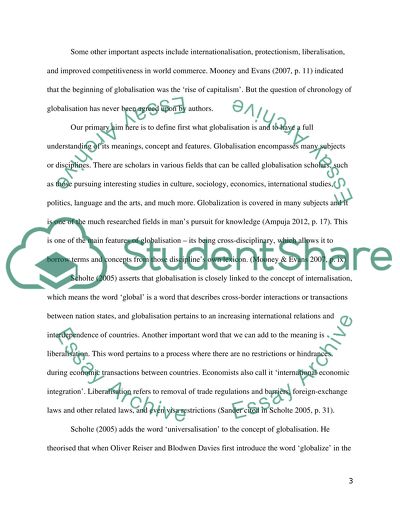Cite this document
(Globalisation Is a Significant Contribution to the World Economy Term Paper - 2, n.d.)
Globalisation Is a Significant Contribution to the World Economy Term Paper - 2. Retrieved from https://studentshare.org/macro-microeconomics/1461501-globalisation
Globalisation Is a Significant Contribution to the World Economy Term Paper - 2. Retrieved from https://studentshare.org/macro-microeconomics/1461501-globalisation
(Globalisation Is a Significant Contribution to the World Economy Term Paper - 2)
Globalisation Is a Significant Contribution to the World Economy Term Paper - 2. https://studentshare.org/macro-microeconomics/1461501-globalisation.
Globalisation Is a Significant Contribution to the World Economy Term Paper - 2. https://studentshare.org/macro-microeconomics/1461501-globalisation.
“Globalisation Is a Significant Contribution to the World Economy Term Paper - 2”, n.d. https://studentshare.org/macro-microeconomics/1461501-globalisation.


